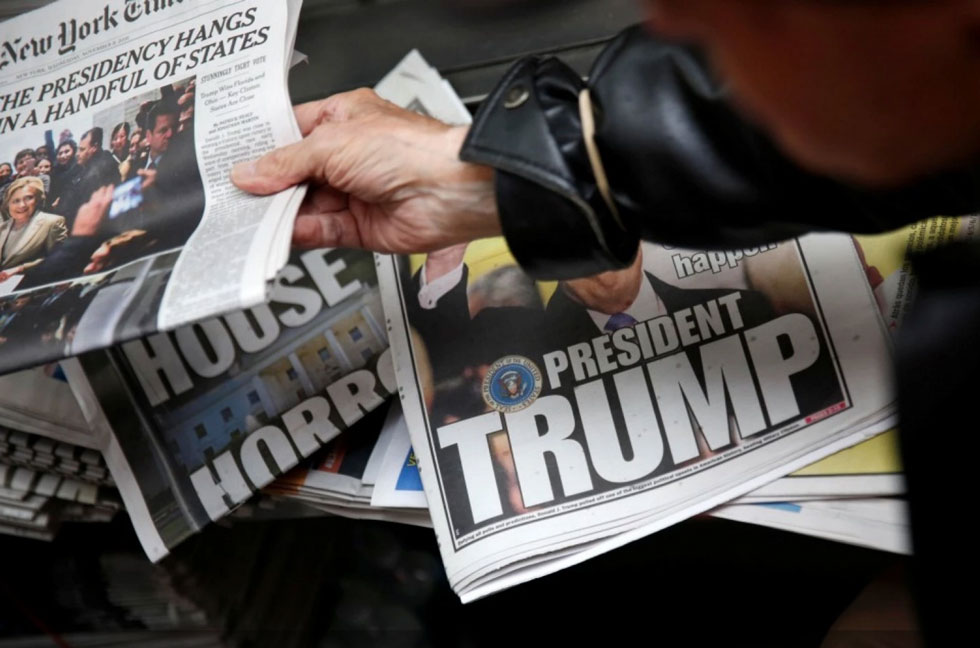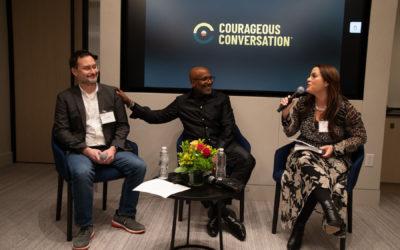By Michelle Ye Hee Lee—Nov. 11, 2016
The first email calling me a “b‑‑‑‑” for my Pinocchio rating came early in the election season, when there were so many presidential candidates it was hard to keep track. I showed it to my colleague and editor Glenn Kessler. He was surprised; people don’t really call him that. Over the next 18 months or so, “b‑‑‑‑” became one of the more pedestrian names I was called for doing my job.
Facing intense criticism is just a part of being a fact-checker. Politics is personal, which means fact checks are, too, especially when our ratings or analyses challenge people’s core political beliefs. Some of our loudest critics are our most dedicated readers, who hold us to a high standard and make sure we know when they think we failed to deliver. They send lengthy emails, laden with bullet points and citations, to explain why they disagreed with our rating or analysis.
I expected the volume of criticism to swell throughout the campaign, and it did. But what surprised me was just how fiercely racist and sexist the comments became.
The messages that landed in my inbox, Twitter mentions and even my newsroom mailbox became more vitriolic as November approached. Increasingly, it wasn’t what I wrote that angered these readers; it was that I wrote it while being me. It felt like they read my byline, saw my photo, barely skimmed what I wrote, and decided I was incompetent because I’m a 28-year-old Asian woman.
An email calling me the c-word was the first thing I read when I woke up one morning. One night after dinner, my phone buzzed with a Twitter mention from someone wishing I were sent to an internment camp (I’m not Japanese). Many emails began with, “Ni hao” (I’m not Chinese). I even learned a new slur word that I had to look up in the Urban Dictionary — but will refrain from sharing here.
“Who knew that ‘happy endings’ at the local DC Chinese owned massage parlor could earn you a press pass and journalistic credential? … Perhaps you are better suited for rolling egg rolls and making wonton soup. Get off your knees and go back to the kitchen.”
Read more at The Washington Post.




